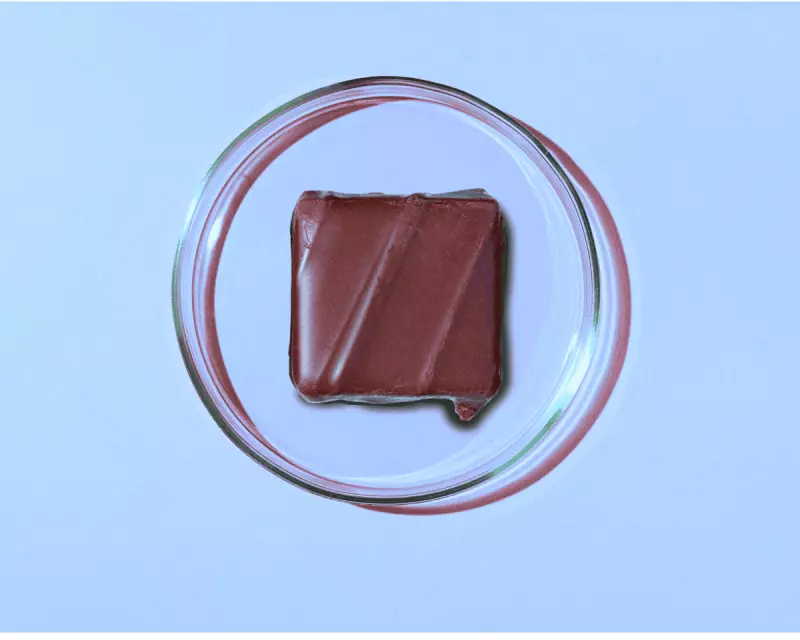
This Halloween marks a sweet revolution in confectionery as lab-grown chocolate makes its debut, offering environmentally conscious consumers a guilt-free alternative to traditional treats. British food scientists have successfully cultivated cocoa beans through cellular agriculture, potentially transforming how we produce and enjoy chocolate forever.
The Science Behind Sweet Innovation
Unlike conventional chocolate production that relies on cocoa farming in tropical regions, this breakthrough technology grows cocoa cells in bioreactors. The process begins with a small sample of cocoa beans, from which cells are extracted and nurtured in controlled environments. These cells multiply and develop the same complex flavours and textures as traditionally grown cocoa.
Dr Eleanor Vance, lead researcher at the London-based Food Innovation Institute, explains: "We're not creating an imitation—we're growing real chocolate through a more sustainable method. The cellular structure is identical to farm-grown cocoa, but without the deforestation and supply chain issues."
Environmental Impact: A Game Changer
The environmental benefits are substantial. Traditional chocolate production accounts for significant deforestation in West Africa, with an estimated 2-3 million hectares of forest cleared for cocoa farming since 2000. Lab-grown chocolate requires:
- 90% less land than conventional cocoa farming
- Reduced water consumption by approximately 75%
- Elimination of pesticide use and associated runoff
- No contribution to deforestation in vulnerable ecosystems
Taste Test: Does It Measure Up?
Early taste tests conducted with Halloween consumers have yielded promising results. Participants reported the lab-grown chocolate possessed the same rich, creamy texture and complex flavour profile as premium conventional chocolate. Many couldn't distinguish between the two when sampled blind.
Marcus Chen, a food critic who participated in the trials, noted: "The mouthfeel is remarkably similar to high-end dark chocolate. There's the characteristic bitterness followed by subtle fruity notes—exactly what chocolate connoisseurs look for."
The Future of Festive Treats
While currently produced in limited quantities, manufacturers anticipate scaling production to make lab-grown chocolate more accessible within two to three years. The timing coincides with growing consumer awareness about food sustainability and ethical sourcing.
As climate change continues to threaten traditional cocoa-growing regions with rising temperatures and unpredictable rainfall, this innovation could ensure chocolate remains affordable and available for future Halloween celebrations and everyday indulgence.
The development represents not just a technological achievement but a fundamental shift toward more responsible food production. As one researcher quipped: "Soon, the only scary thing about Halloween chocolate might be how good it is for the planet."





